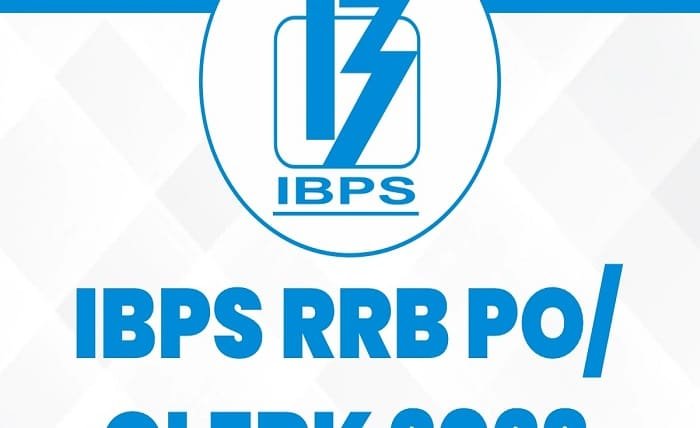Your 30-Day IBPS RRB PO Study Plan with Free Mock Tests

What is the best way to study in a limited time? How can candidates ensure maximum retention while covering the entire syllabus? These are common questions among aspirants preparing for competitive exams. The key lies in a structured plan that balances conceptual clarity, regular practice, and effective revision. A well-organized study plan ensures steady progress and boosts confidence for exam day.
Week 1: Building a Strong Foundation
A strong foundation is essential for success. The first week should focus on understanding core concepts in reasoning, quantitative aptitude, and general awareness. Practicing an IBPS RRB PO free mock test at the beginning helps identify strengths and weaknesses.
Candidates should allocate time for each section and work on the basics. Logical reasoning and mathematical concepts require clarity before moving to advanced levels. Reading newspapers and financial reports enhances general awareness and improves reading comprehension skills.
Daily quizzes and short revision sessions reinforce learning. A habit of solving questions regularly leads to better retention and improved speed.
Week 2: Strengthening Core Areas
Once the basics are clear, candidates should shift their focus to more complex topics that require deeper understanding and strategic practice. Strengthening problem-solving skills and refining time management techniques are essential for success in the IBPS RRB Clerk and PO exams.
Mastering Data Interpretation and Puzzles
Topics like data interpretation, seating arrangements, and puzzles require extra attention. Regular practice with different question types improves logical reasoning and problem-solving speed.
Using Time-Based Practice Sessions
Timed practice sessions help candidates build speed and accuracy. Simulating real exam conditions reduces hesitation and enhances confidence while answering tricky questions.
Maintaining a Formula Book
A personal formula book for quantitative aptitude helps in quick revision. Writing down important shortcuts and tricks saves valuable time during last-minute preparation.
Revisiting Weak Areas Regularly
Going back to weaker topics from Week 1 ensures steady improvement. Consistent revision prevents knowledge gaps and reinforces understanding.
Analyzing Mistakes from Practice Papers
Reviewing errors from mock tests and practice papers is crucial. Identifying common mistakes helps candidates avoid them in the actual exam, improving overall accuracy.
Continuous Self-Assessment for Progress
Regular self-evaluation through tests and quizzes provides insight into strengths and weaknesses. Continuous assessment enhances preparation, leading to better performance on exam day.
Week 3: Enhancing Speed and Accuracy
Speed and accuracy play a major role in scoring well. This week should focus on solving mixed sets of questions under timed conditions. Candidates should aim to attempt more questions correctly within a fixed time frame.
Mock analysis is essential at this stage. Identifying frequently made mistakes and rectifying them ensures better accuracy. A well-planned approach to each section minimizes time wastage.
Reading comprehension and current affairs need daily attention. Regular updates on banking and economic news add value to the preparation. Quick revision of previously learned topics strengthens overall understanding.
Week 4: Final Revisions and Full-Length Practice
The final week before the IBPS RRB Clerk or PO exam should be dedicated to focused revision and full-length practice. Candidates must refine their strategies, boost confidence, and ensure they are mentally prepared for the big day.
Attempting Full-Length Mock Tests
Practicing multiple full-length mock exams under timed conditions simulates the real test environment. This helps in improving time management, accuracy, and confidence.
Revising Formulae, Rules, and Short Tricks
Aspirants should go over essential formulae, grammar rules, and shortcut techniques. This quick revision enhances problem-solving efficiency during the exam.
Avoiding New Topics
Learning new topics at this stage may lead to confusion and unnecessary stress. Instead, candidates should focus on refining their strengths and improving accuracy.
Mental Preparation and Stress Management
Practicing relaxation techniques like deep breathing and meditation reduces exam anxiety. A calm and positive mindset ensures better focus and performance on the final day.
A structured 30-day plan provides the right balance of learning, practice, and revision. Attempting an IBPS RRB PO free mock test at regular intervals ensures steady progress and highlights improvement areas. Consistency, strategic time management, and self-discipline are key to success. By focusing on conceptual clarity, enhancing speed, and maintaining accuracy, candidates can boost their confidence. With dedication and smart preparation, clearing the exam becomes an achievable goal.


